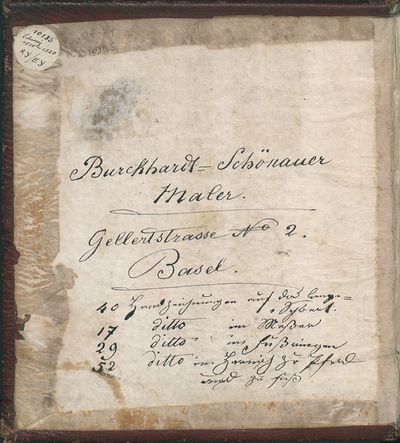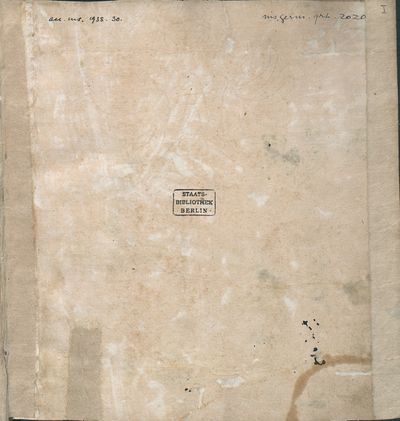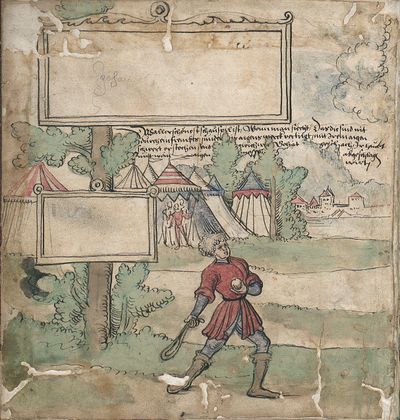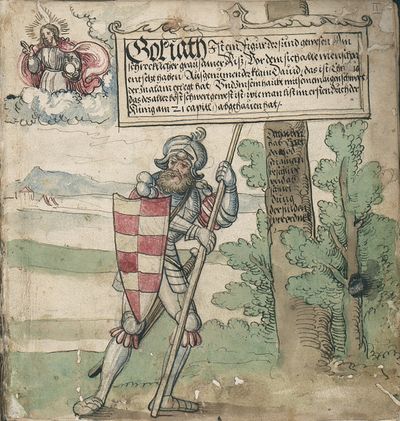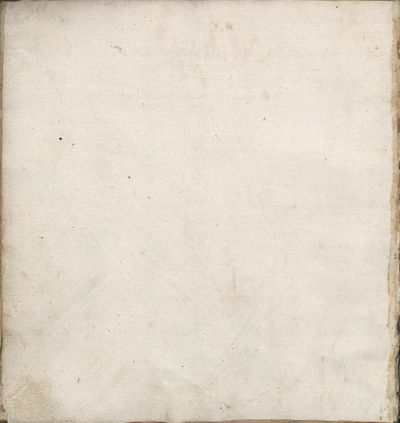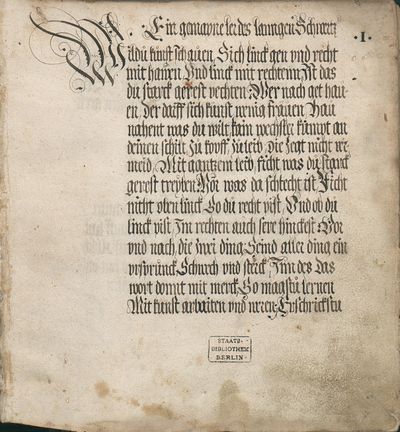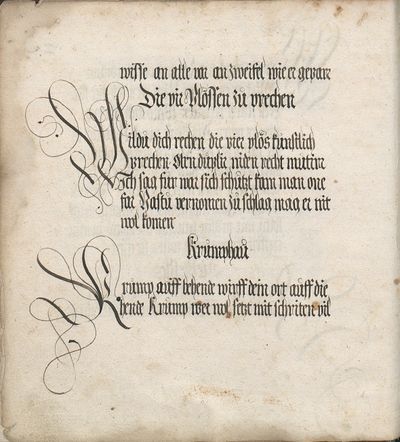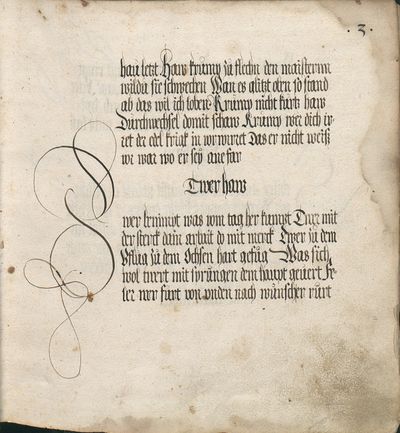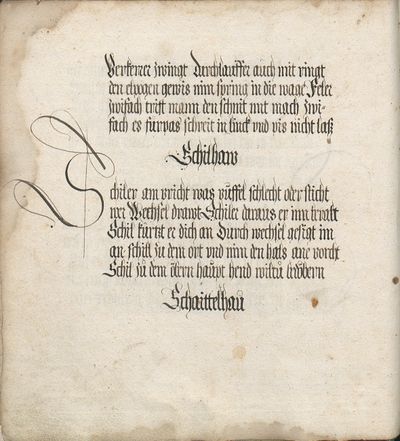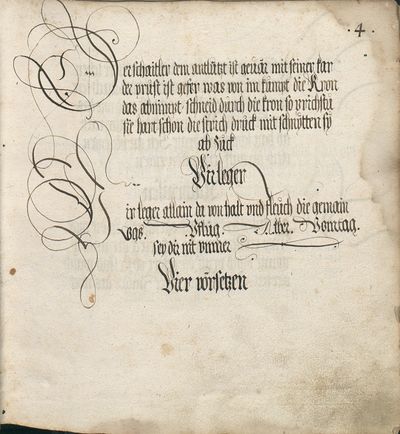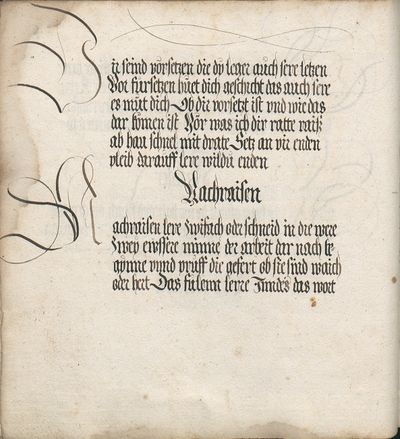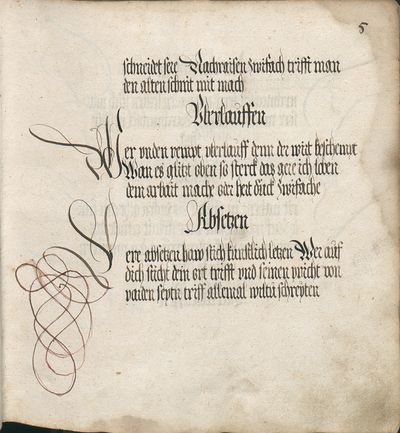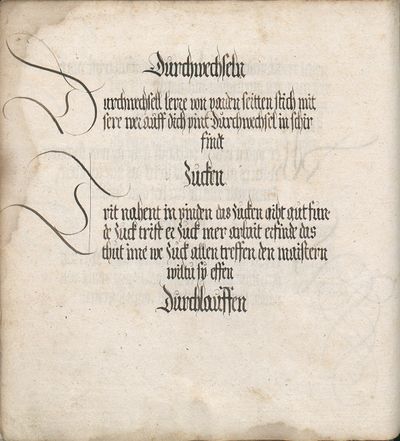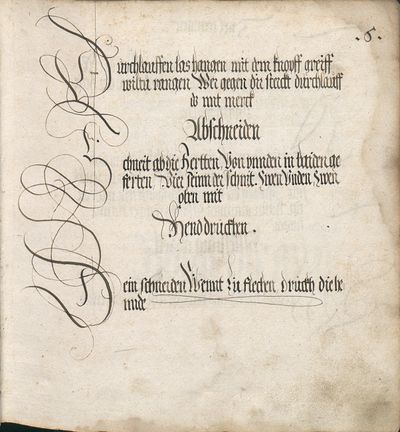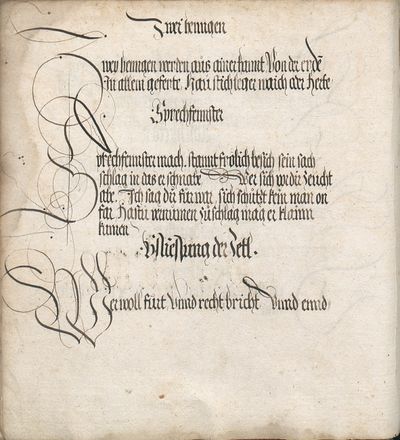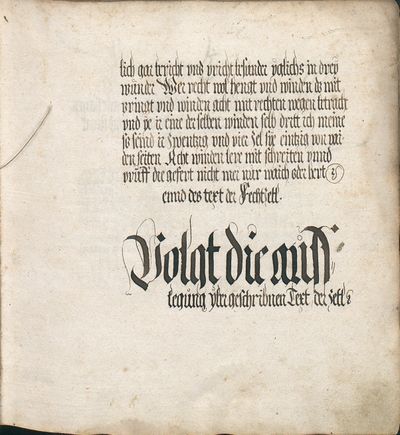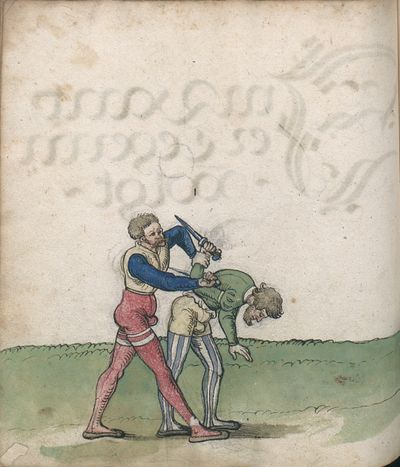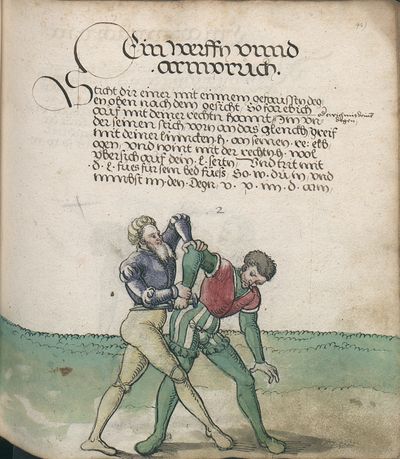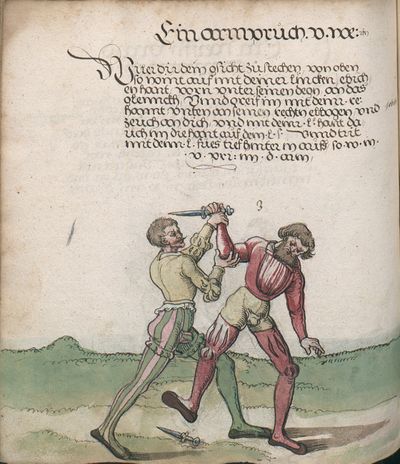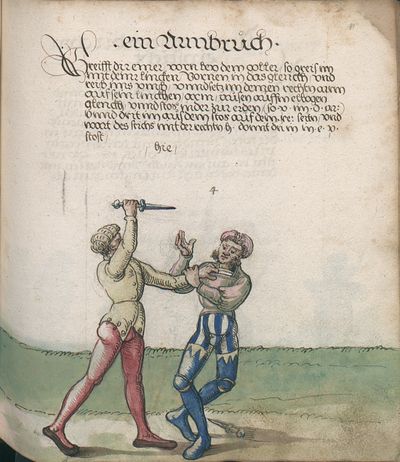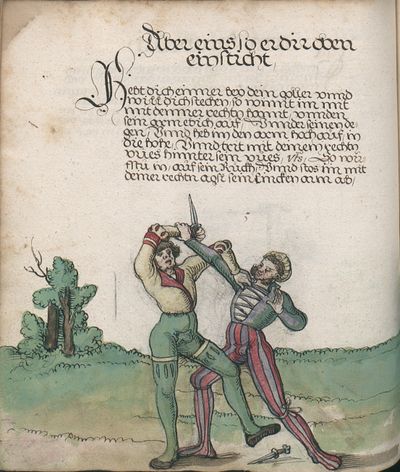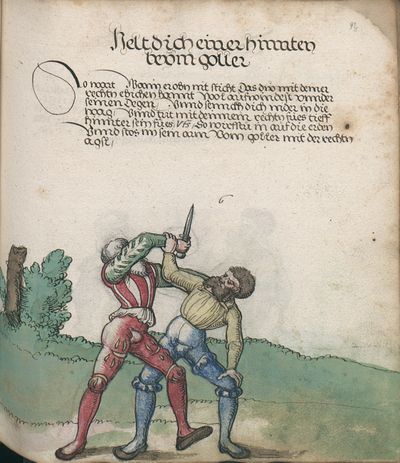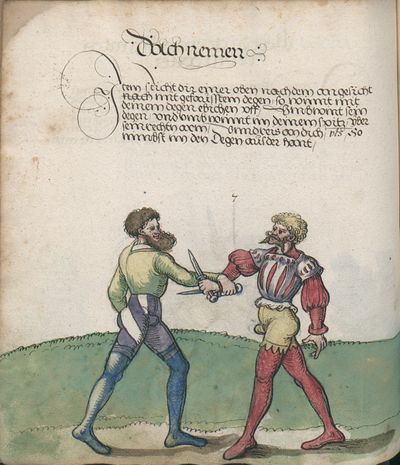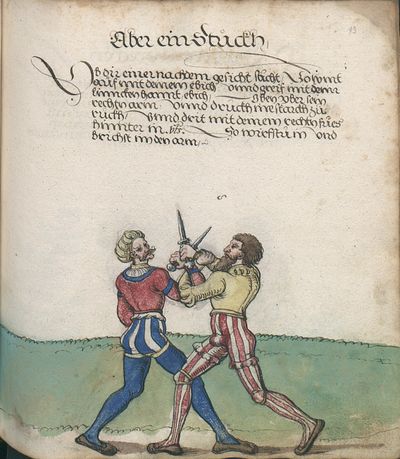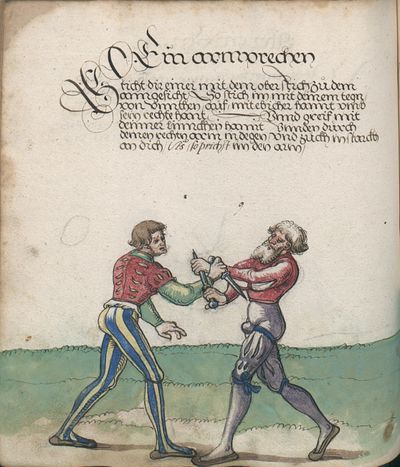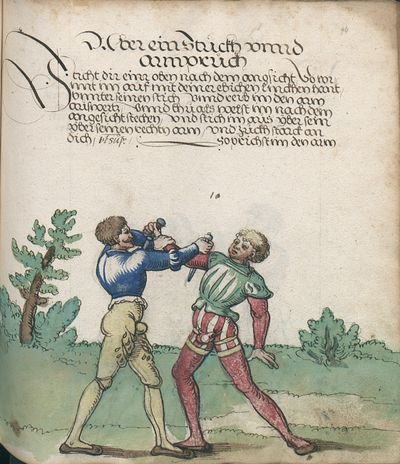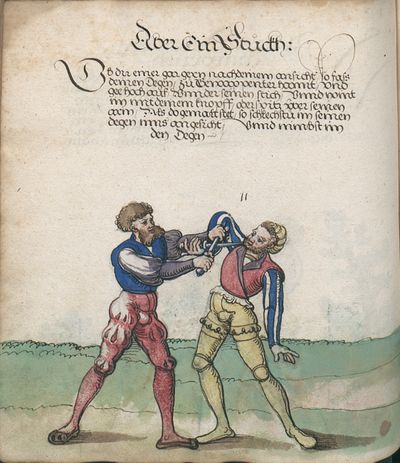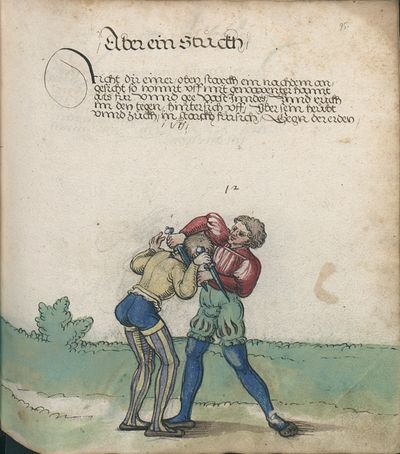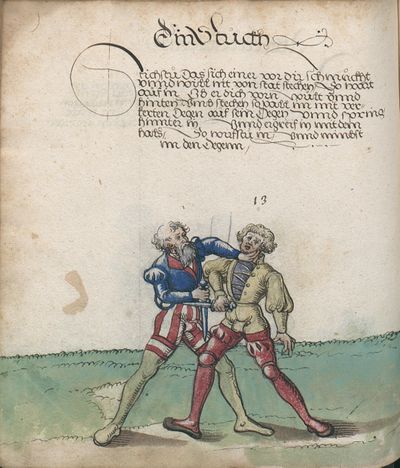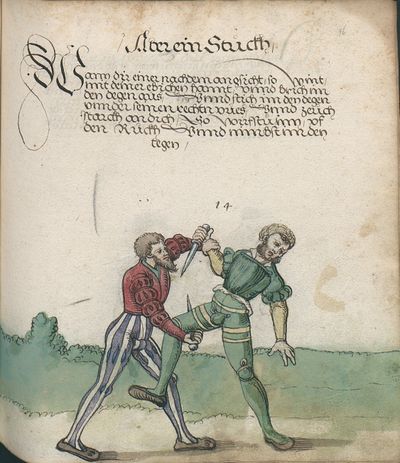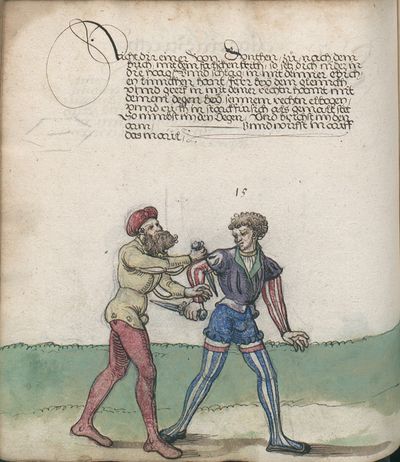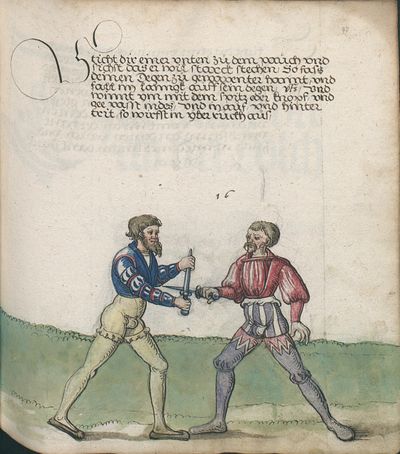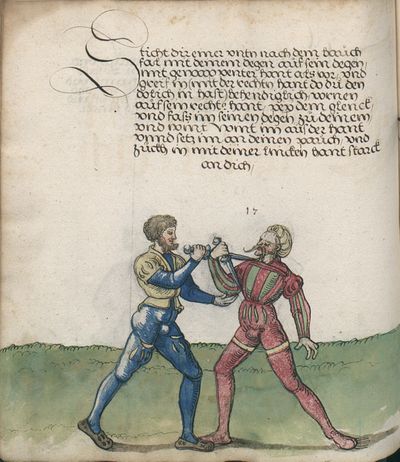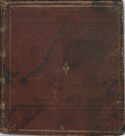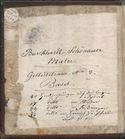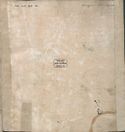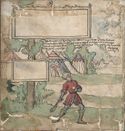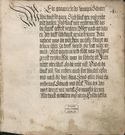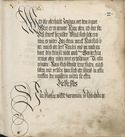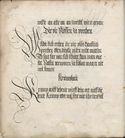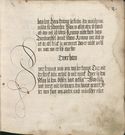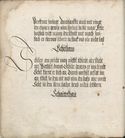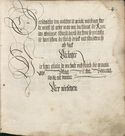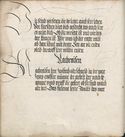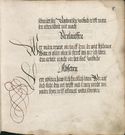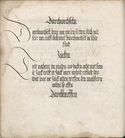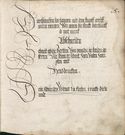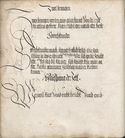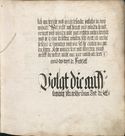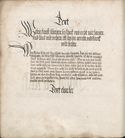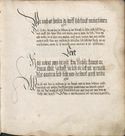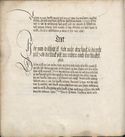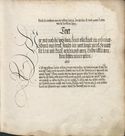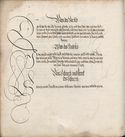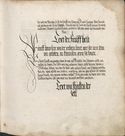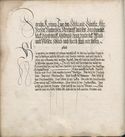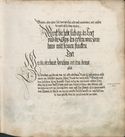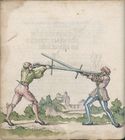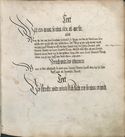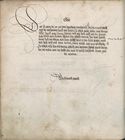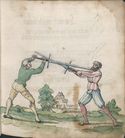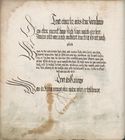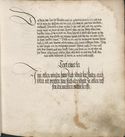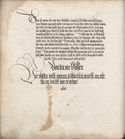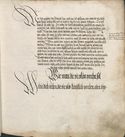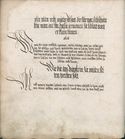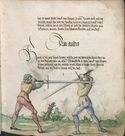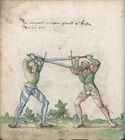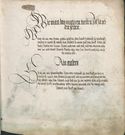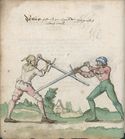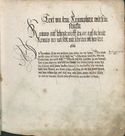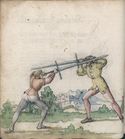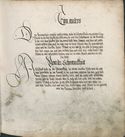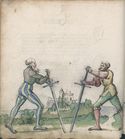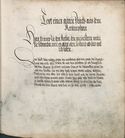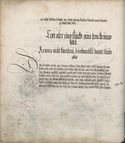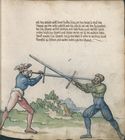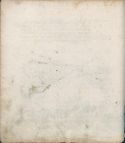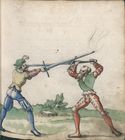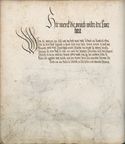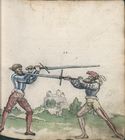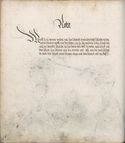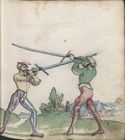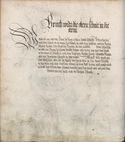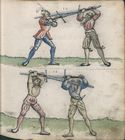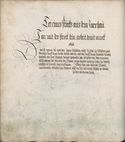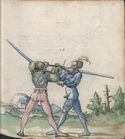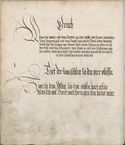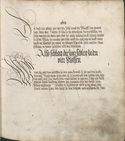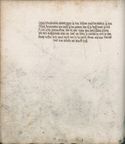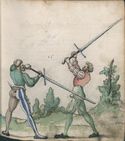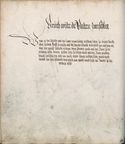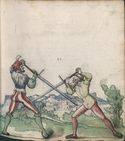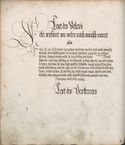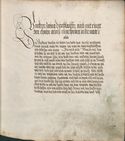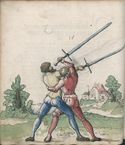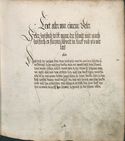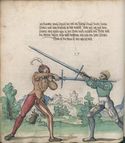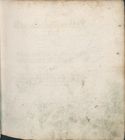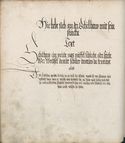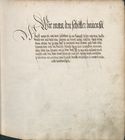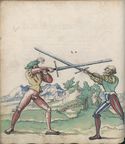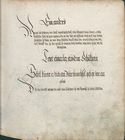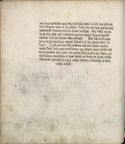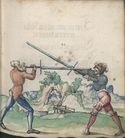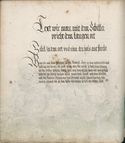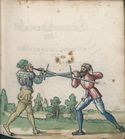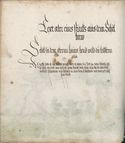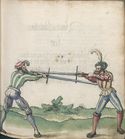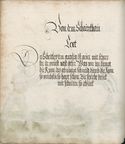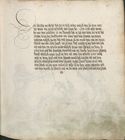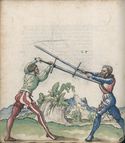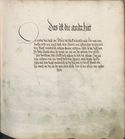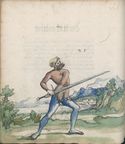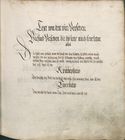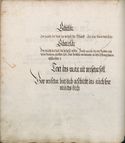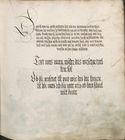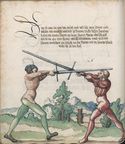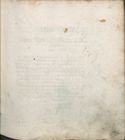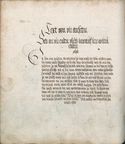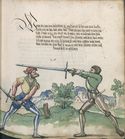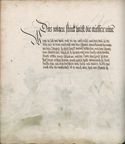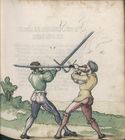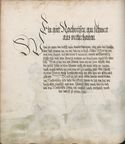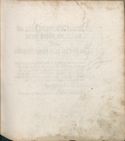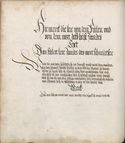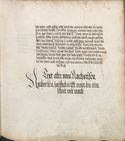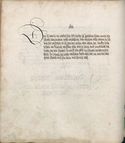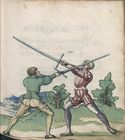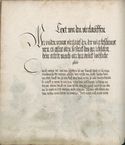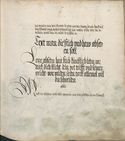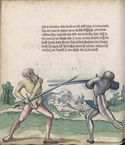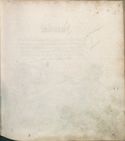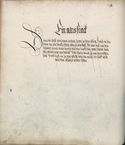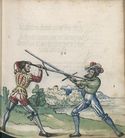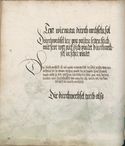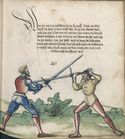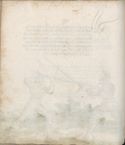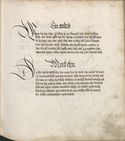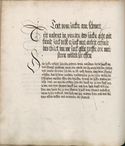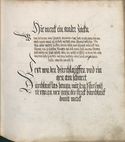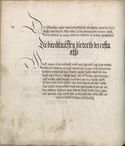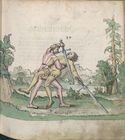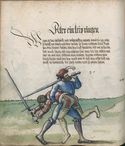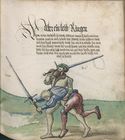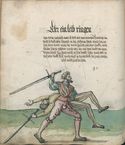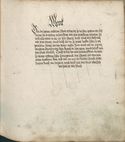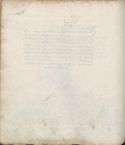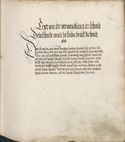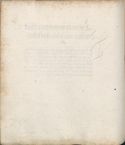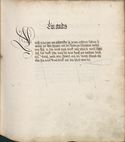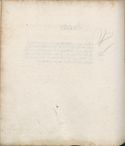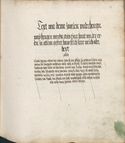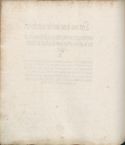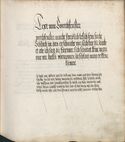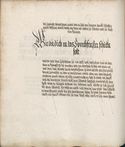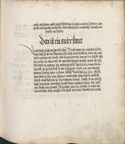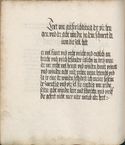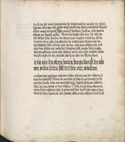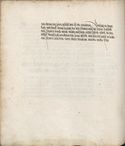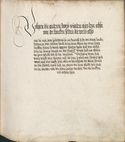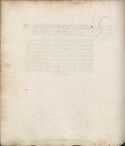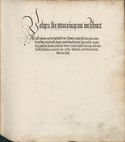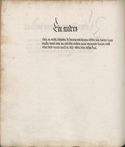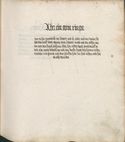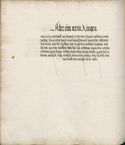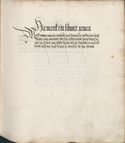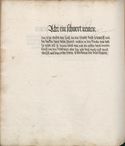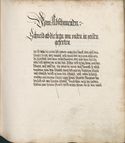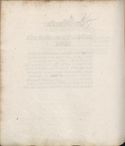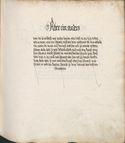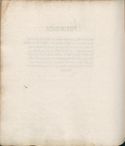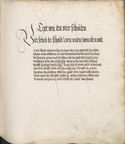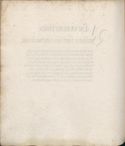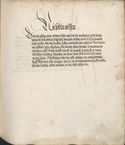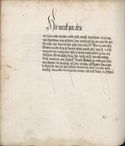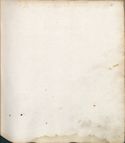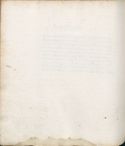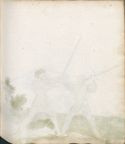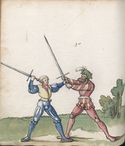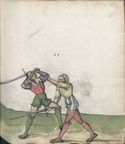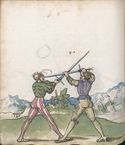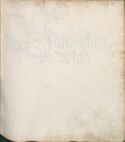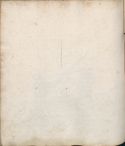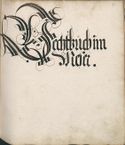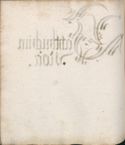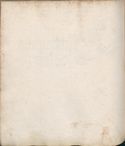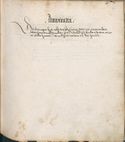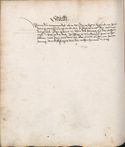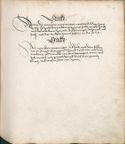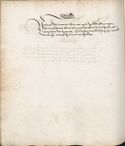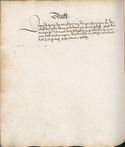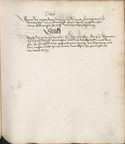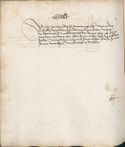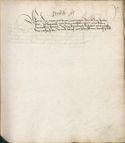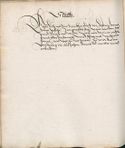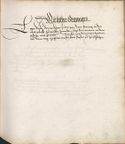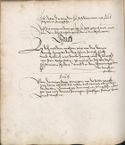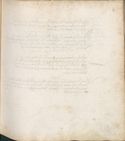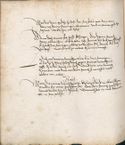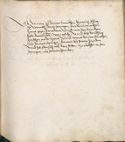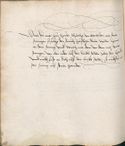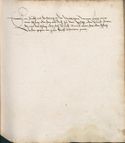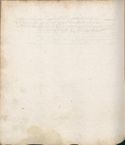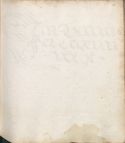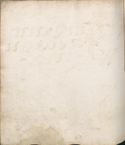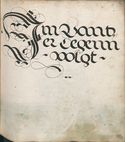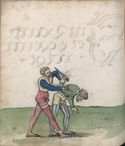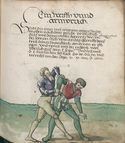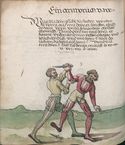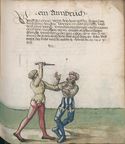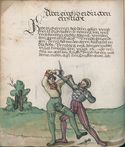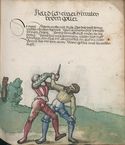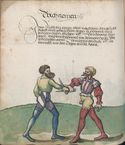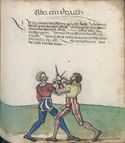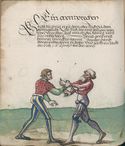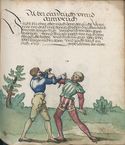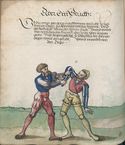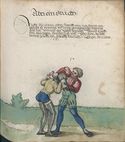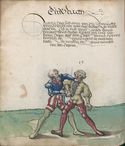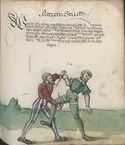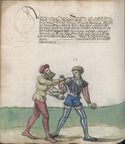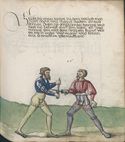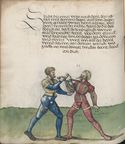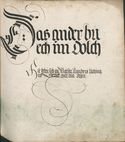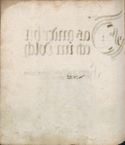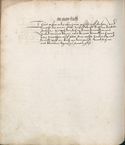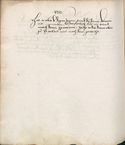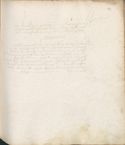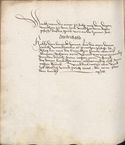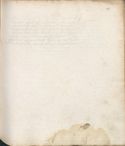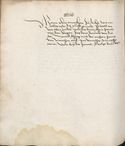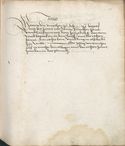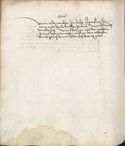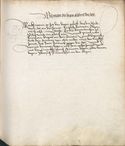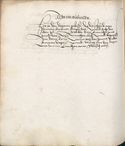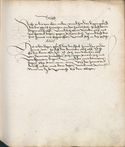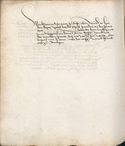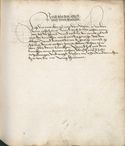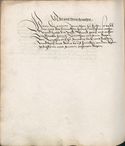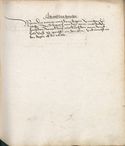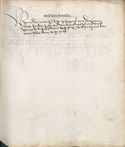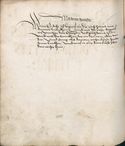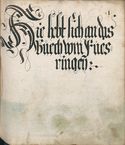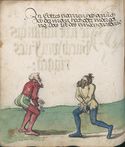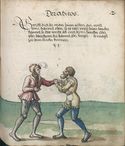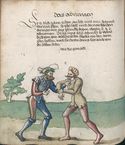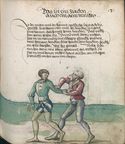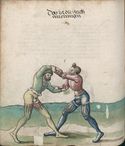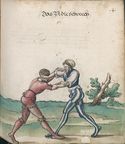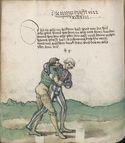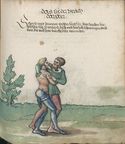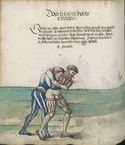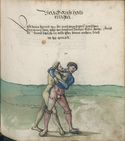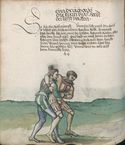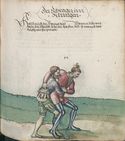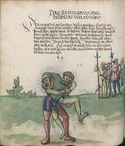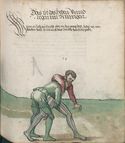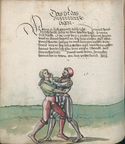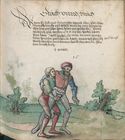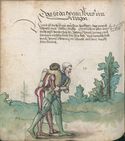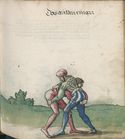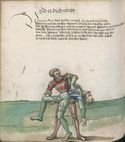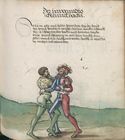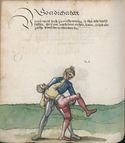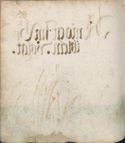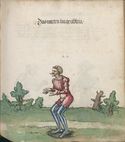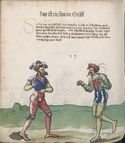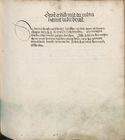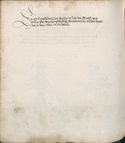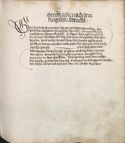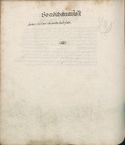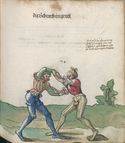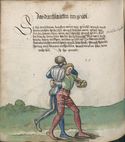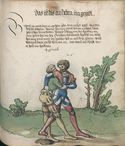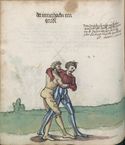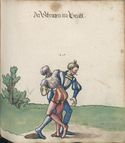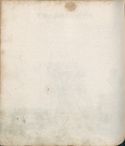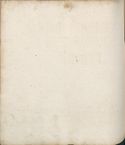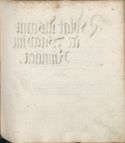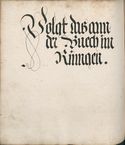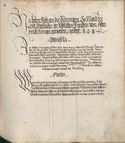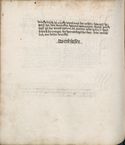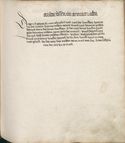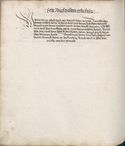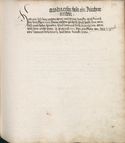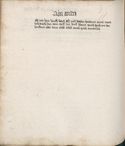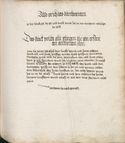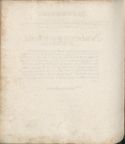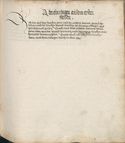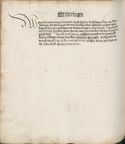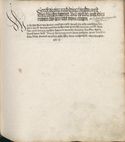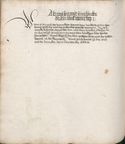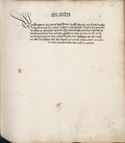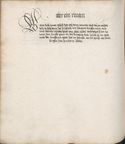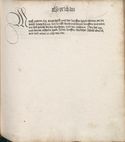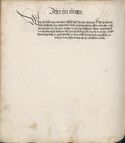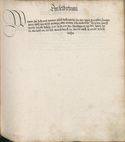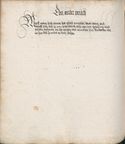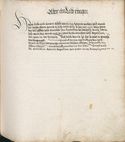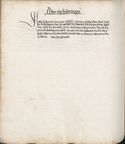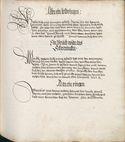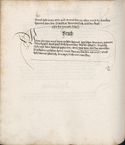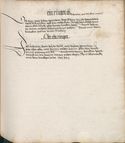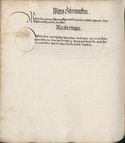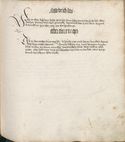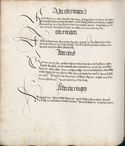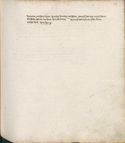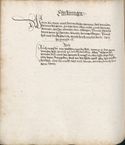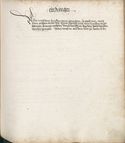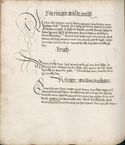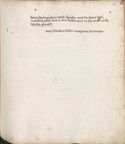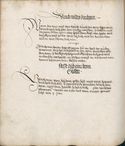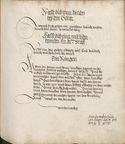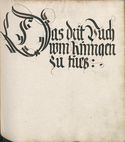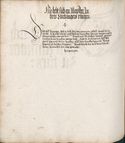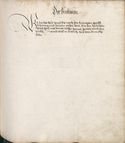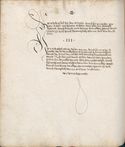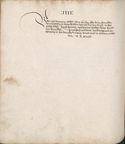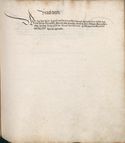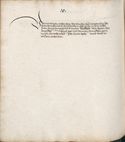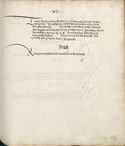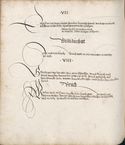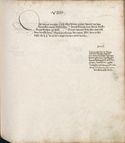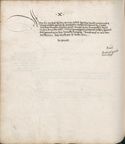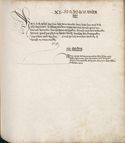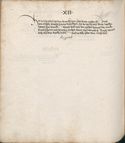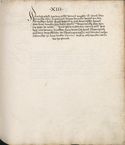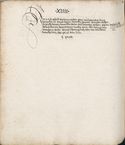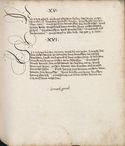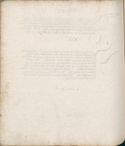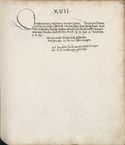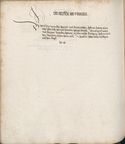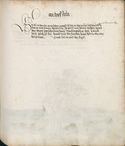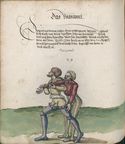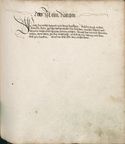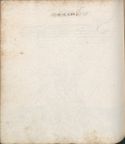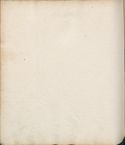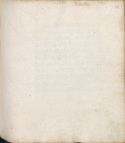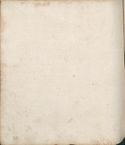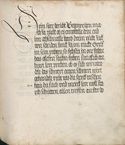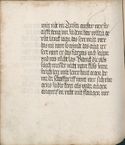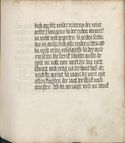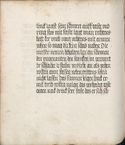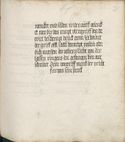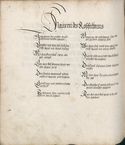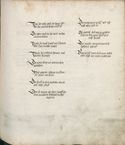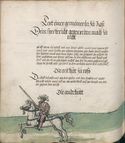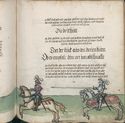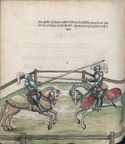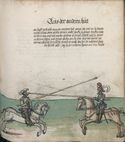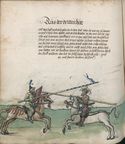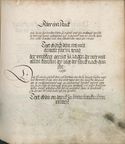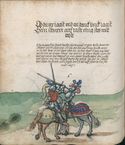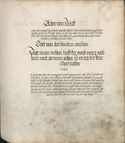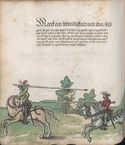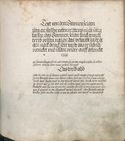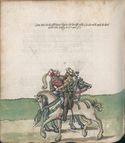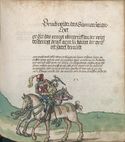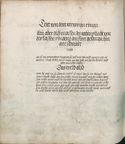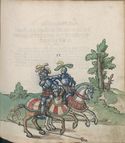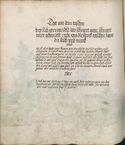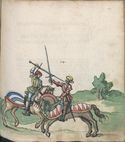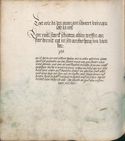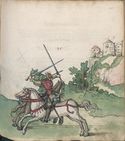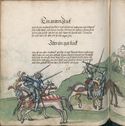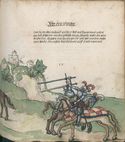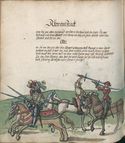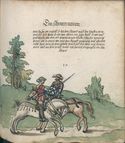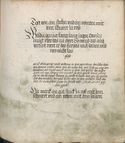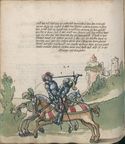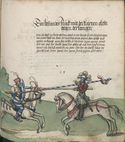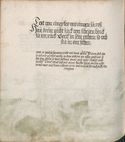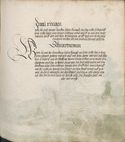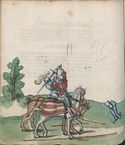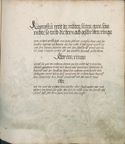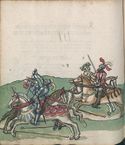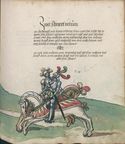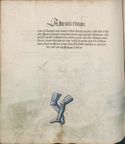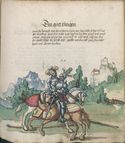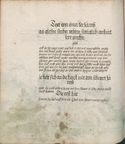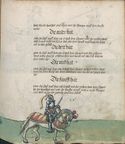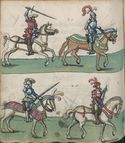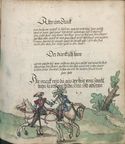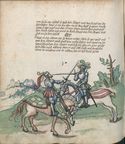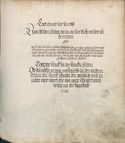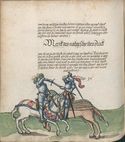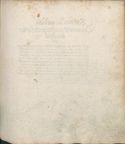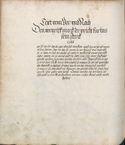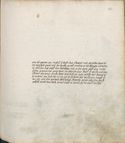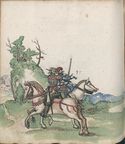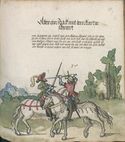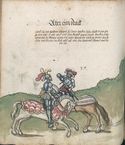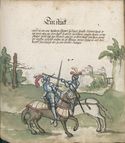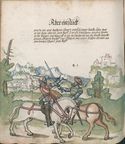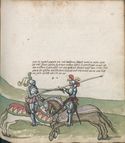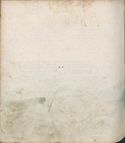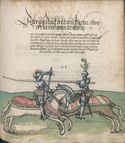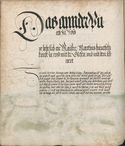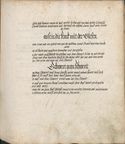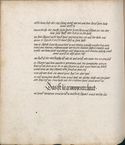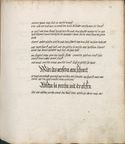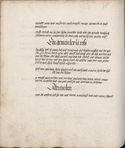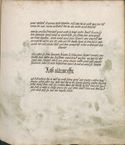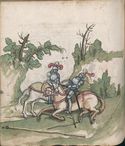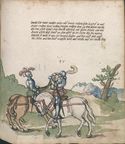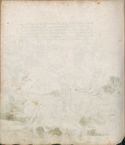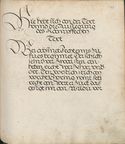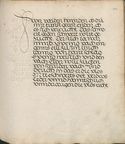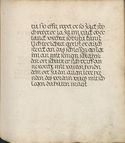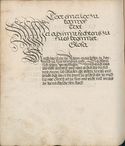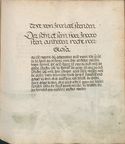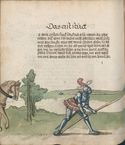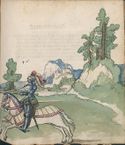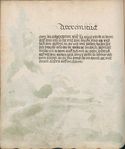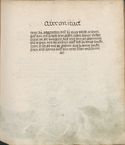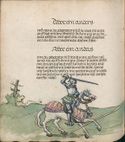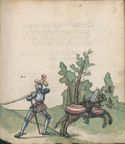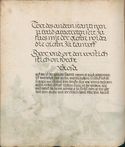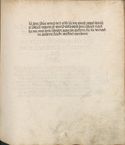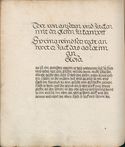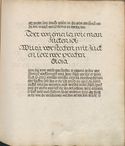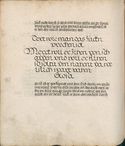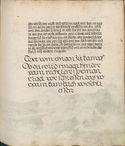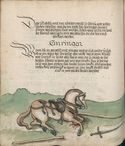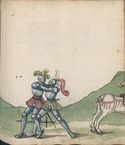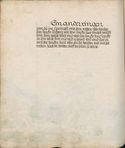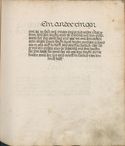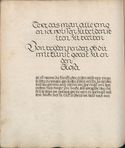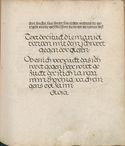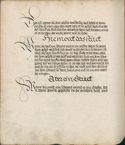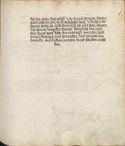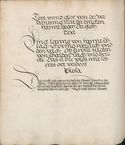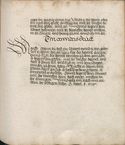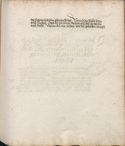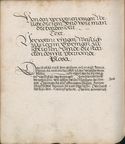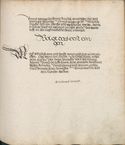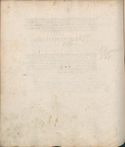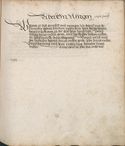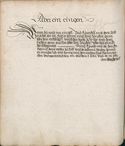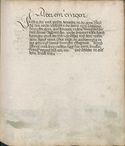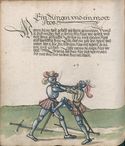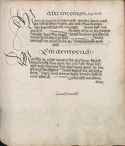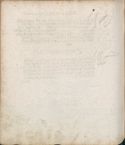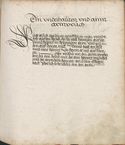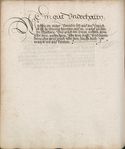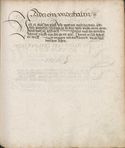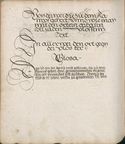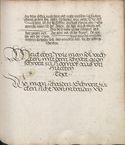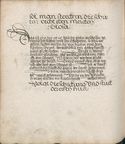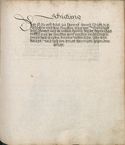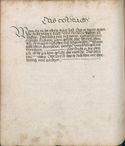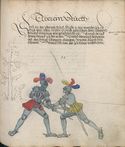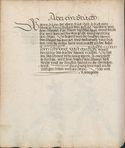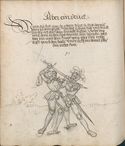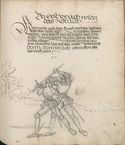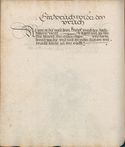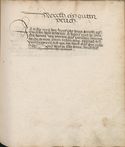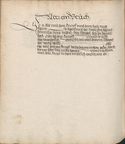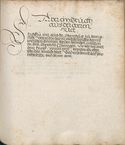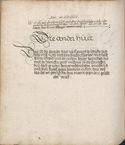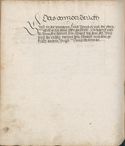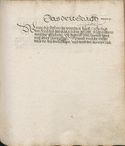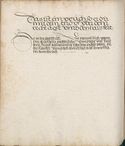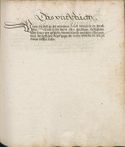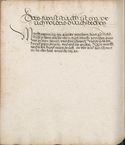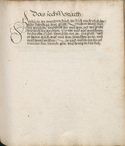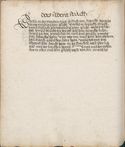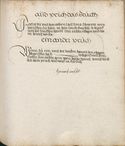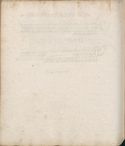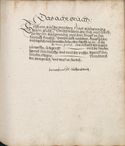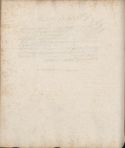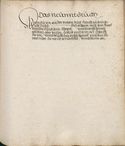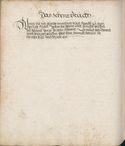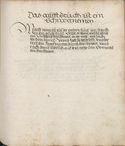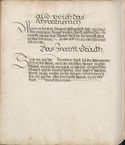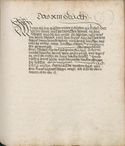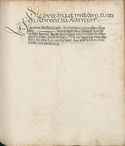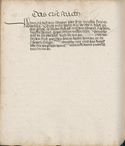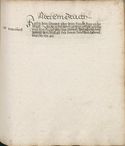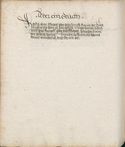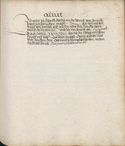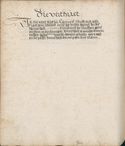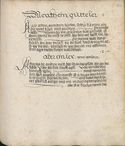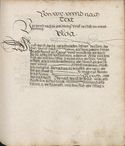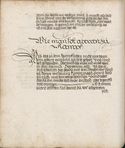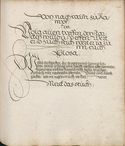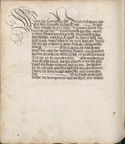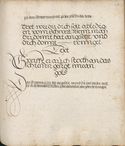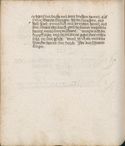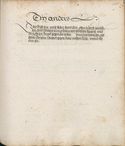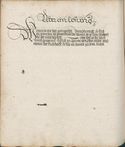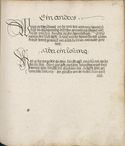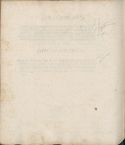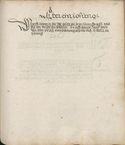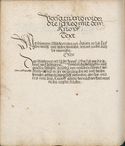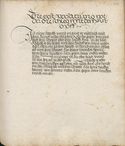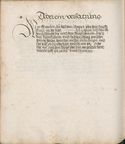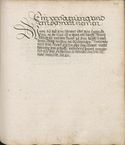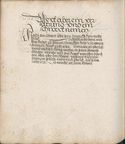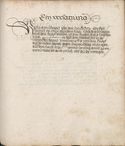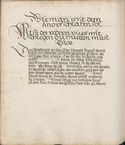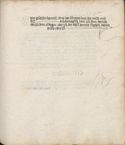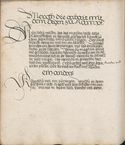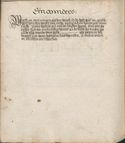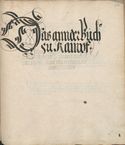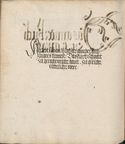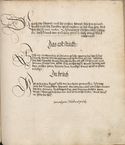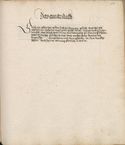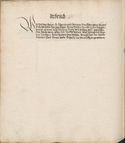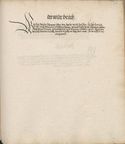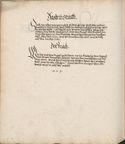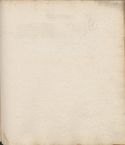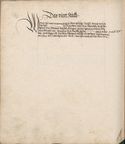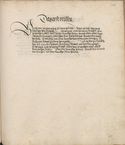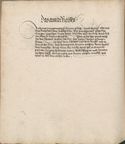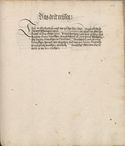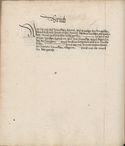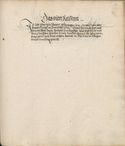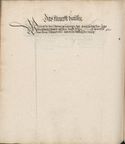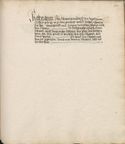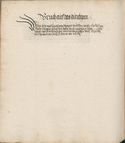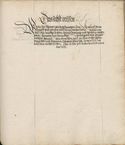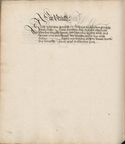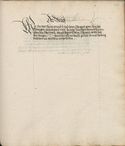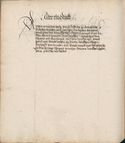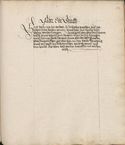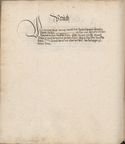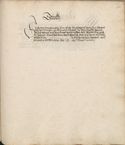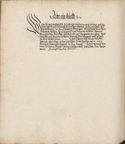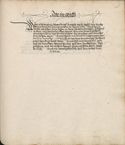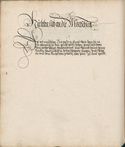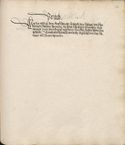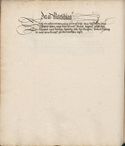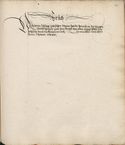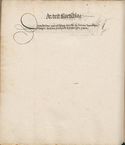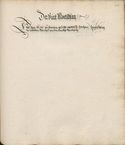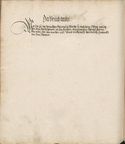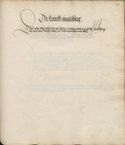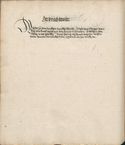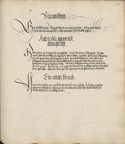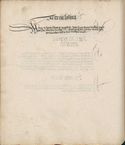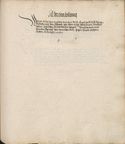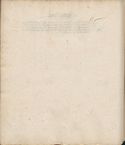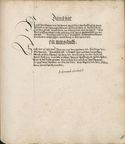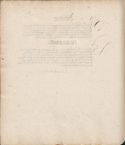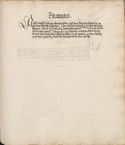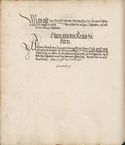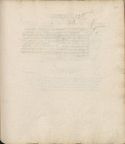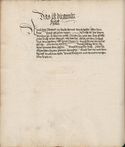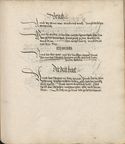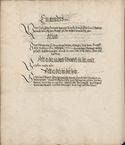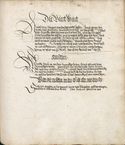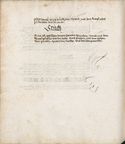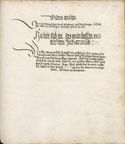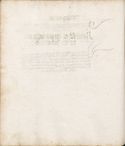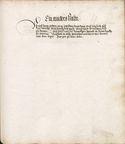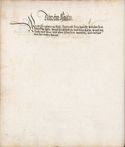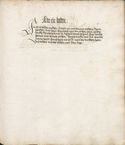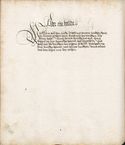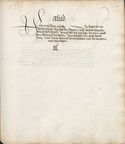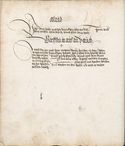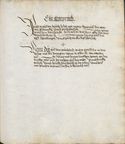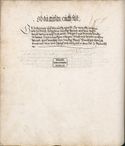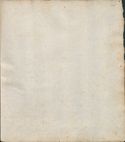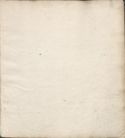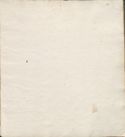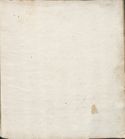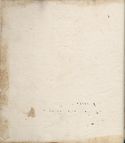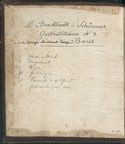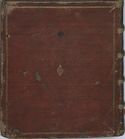| Ⅰr - Ⅱv
|
Illustrations
|
Draft Translation 
by Bartłomiej Walczak
|
Transcription [edit]
by Bartłomiej Walczak
|
|
|
10185
Schweiz
1510-1520
RY/EY
Burckhardt-Schönauer Maler
Gellertstrasse ₦º 2. Basel
40 drawings on the long sword
17 ditto for dagger
29 ditto for wrestling on foot
52 ditto in armour on horse and on foot
|
[Cover] 10185
Schweiz
1510-1520
RY/EY
Burckhardt-Schönauer Maler
Gellertstrasse ₦º 2. Basel
40 Handzeichnungen auf das langeSchwert
17 Ditto im Meßer
29 Ditto im Fůßringen
52 Ditto im Harnisch zu Pferd unnd zu Fuß
|
|
|
au.ms.1938.30
ms.germ.quart.2020
BERLIN
STATE
LIBRARY
|
[Ir] au.ms.1938.30
- ms.germ.quart.2020
STAATS-
BIBLIOTHEK
BERLIN
|
|
|
It is a most beautiful play when one can see that they are punished, not by a stranger's, but by their own work, stabbed to death with their own sword; and their head is chopped off with their own sword, as it happened to Goliath.
|
[Ⅰv] Das aller schönest schauspil ist, Wenn man siecht, Das die sint nit
durch ein frempts sunder ir aigens werk vertilgt, mit Irem aigen
schwert erstochen, und gleich wie Goliat geschach, Ir haubt
mitt irem aigen messer abgeschlagen wirt.
|
|
|
This figure is Goliath: he was a terrible cruel giant, whom all men feared except for little David (that is, Christ) who alone killed him, and chopped his head off with his own sword, which was the sword of old Jesse, as one can read in the First Book of Kings, chapter 21.[7]
|
[Ⅱr] Goliath Ist ein Figur der sund gewesen Ain
schrecklicher grausamer Riß, Vor dem sich alle menschen
entsetzt haben, Ausgenumen der klain David, das ist, Chrystus
der In alain erlegt hat, Und Im sein haubt mit seinem aigen schwert,
(das des aller bost schwert gewest ist, wie man list im ersten Buch der
Kunig am 21 capitl) abgehauen hat.
|
Because he prepared and ordered the death in order to overcome and cut away sins.
|
Derhalben
hat Gott
den tod
zu ainem
beschlus und abschneidung
der sinden
verordnet
|
|
| 1r - 7r
|
Illustrations
|
TranslationDraft Translation 
by Georg Gick
|
TranscriptionDraft Translation 
by Georg Gick
|
|
|
|
|
A proper lesson on the longsword.
If you want to display art, you must be swift and accurate with your strikes and exhibit good technique, especially if you have engaged in a strong fight. He who strikes late can hardly take pride in his skill. Strike precisely where you intend, no master can guard against your defense, aim for the head, aim for the body. Time does not tolerate hesitation, engage fully where you stand prepared to act. Before the blow is dealt, do not meet the steel but the aggressor, Keep your gaze. So if your technique is good and you are quick, Impede them with strength while maintaining good technique. Before and after: these two concepts are to all skill a well-spring. Weakness and strength, instantly enhances the meaning. In this way, you may learn, working and improving with skillful art, especially if you frighten.
|
Ein gemaßne leredes lanngen Schwert
Wildů kůnst tschaůen, Sich sind gen und recht mit haůen. Und sind mit rechtem, Ist das dů starck gerestvechten. Wer nach get haůen, der daist sich kunst wenig fraůen. Haů nahent was dů wilst, kain mechster kůnst an deiner schilt, zů kopff zůlieb. Die zegt nicht armied, Mit ganzem treib ficht was dů stand gerest treyben. Vor was da schtecht ist ficht nitht oben linet. So dů recht pist, und ob dů sind pist. I'm rechten auch sere hindest. Vor und Nach: die zwei ding sind allerding ein versprůnd, schwech und sterch, Indes das word domit mit merd. So magstulernen, Mit kunst arbaiten und meren, erschrichstu.
|
|
|
No fencer has ever truly learned the esteemed part from mere imitation alone. He who honors it through dedication will be gladly rewarded in the skill.
Text from the students of the Zettel
Wrath Stroke, Crooked, Thwart, Squinter, Scalper, Fool parries chasing, overrunning gives strokes, change through, pull, run though, slice off, press the hands, hang, wind with the openings; strike, catch, slash, thrust with jabs.
The Wrath stroke
|
Gern kain fechtern nimmer gelernt kunst herlese vor der rechten haut. Wer die neret dem vongeloben, In Kunsten gern zu loben.
Text von den studenten der Zetl
Zornhaů, Krůmp, Twir, Schiller, Schaiter, Alber, Versetzt, Nachreisen, Überlaůft, Haů letzt Důrchmesel zůd důrchlaůft abschied Hende Drůck Leng. Bind mit plofen schlach nach straich stich mit Stoßen.
Zornaw Volgt
|
|
|
He who strikes at you above, wrath stroke with the point to threaten him. If he responds to it, come above without fear. Know to be strong through the wind. Stab, if he sees it, take it again. Take note: cut, stab, position soft or hard. Instantly, before, and after. Do not hasten in your war. He who runs the war above, he will be shamed below. In all windings, learn to find cuts, stabs, and slices. You shall also do so with testing, cut, stab, or slice in all meetings if you want to fool the masters.
The four openings
Be aware of the four openings, Aim to strike
|
Wer dir oberhaůt, zornhau ort dem drawt. Wirt er es gewar Kim oben ab one far viss stark herwider. Wind such stich ers nim es wider. Das ebem merck haů stich leger waich oder Hert. Indes und vor nach an hurt dein krig. Sei nicht gach, wes der krig rempt oben niden wird er beschempt. in alln winden. Haw stich schnidt lerre finden aůch soltu mit prufen. Hau stitch oder schnid im alln treffen den maistern wiltů Sie effen.
Die Vir Ples
Vier plossen wisse zůramen so schlechltůge
|
|
|
with purpose in all variations, without hesitation according to how he behaves himself.
Four openings to break
If you wish to take revenge, The four openings artfully break. Double above, rightfully transmute below. I say for you truthfully, no man defends without fear. If you have understood, he will rarely come to strike.
The crooked cut
Crooked on him quickly. Throw your point on the hands. Who performs the crooked well, with stepping he hinders many a stroke.
|
wille an alle var an zweifel wie er gepar.
Die vier Plossen zů sprechen.
Wildů dich rechen die vier plös kůnstlich sprechen. Oben důplir niden recht můtirn. Ich sag fůr war sich schůtzt kam man one far. Hastů vernomen zů schlag mag er mit vol Kommen.
Krůmphaů
Krůmp auff behende wirff dein ort aůff die hende, Krump wer vol setzt mit schriten vil hau letzt.
|
|
|
Cut crooked to the flat of the masters if you wish to weaken them. When it flashes above - stand off, this I wish to praise. Don’t do the crooked, strike short, changing through show with this. Crooked who hinders you, he who keeps away from the noble war. Thus he does not truly know where to leap without fear.
The thwart cut
The thwart takes away what the day brings. Thwart with the strength of your work. With this, mark: thwart to the plow, firmly align to the ox. What defends well, with leaps, targets the head. He who conducts a failer skillfully, leads with before and flows into after as he desires.
|
Hau krůmp zu flechn den maisterm willdů sei schwechen. Wan es glitzt oben so stand ab das wil ich loben. Krůmp nicht kůrtzhaw. Durchwechsel domit schaw krůmp wer dich irret der edel krigk im vor wirret. Das er nicht weiss vor war wo er leip ane far.
Twerhaw
Twer benimpt was vom tag her kunst. Twer mit der sterk dain arbait do mit merck. Twer zů dem pflug zů dem Ochsen hard gefůg. Was sich wol twert mit Sprůngen dem haupt geuert feler wer fůrt vor unden nach wůnschen růrt
|
|
|
The reverser forces, running through also wrestles with the elbow. Take wisely, jump in balance. Failer twofold, meet him and make it with slice. Twofold it continues, step in left, and do not be loose.
The squinting cut
The squinter breaks what buffalo strikes or stabs. He who threatens to change through, squinter robs him. Squint, if he is short against you, changing through defeats him. Squint to the point, take the throat without fear. Squint to the upper head, if you wish to damage the hands.
The scalper cut
|
3v| Verkerer zwingt Durchlauferhitzer aůch mit ringt den elogen gewis nim spring in die wage feler zwifach trift mann den schnit unt mach zwiefach es fůrpas schreit im linck und pis nicht lass.
Schilhaw
Schiler am pricht was püffel schlecht oder sticht wer wechsel draut schiler daraůs er inn berabt Schil kurtzt er dich an Důrchwechsel gesigt i'm ab schilt zu dem ord und num den has ane vorcht. Schil zů dem ůbern haůpt hend widtů beiöbern.
Schaittelhaů
|
|
|
The scalper is dangerous to the face, with its circle, quite dangerous to the breast. What comes, the crown takes away. Slice through the crown, already hard in the strike. Press with the edge, with the slice pull them away.
The four guards
Four guards alone hold and distain the common. Ox, plow, fools, from the day. Do not be unaware.
The four offsets
|
Der schaitler dem antlůtzt ist geůär mit seiner kar der ptust ist gefer was von i'm krumpt die Kron das abnimpt, schneid durch die kron so prichstů sie hart schon die strich drůck mit schnÿtten sÿ ab zůck.
Vir Leger
Vir leger allain da von halt und fleůch die gemain. Ochs, Pflug, Alber, Vom Tag. Sey dir mit unmer.
Vier Vörsetzen
|
|
|
Four are the offsets that forsake the four guards sorely. Beware of parries. If it happens to you, it troubles you sorely. If you are parried, and how that has happened, hear what I advise you: Pull away, cut, fast with threat. Set on the four ends. Stay on, learn if you wish to end it.
Chasing
Learn chasing twice, or slice into the weapon. Two after intentions. The work after the beginning. And test the attacks if they are soft or hard. Learn the feeling. The word instantly
|
Vir seind vorsetzen die dy leger aůch sere letzen. Vor fůrsetzen hüet dich geshicht das auch sere es müt dich. Ob dir vorletzt ist und wie das dar komen ist. Hör was ich dir ratte, raiß ab hau schnel mit drate. Setz an vir ended pleib daraůff lere wildů enden.
Nachreisen
Nachreisen lere zwifach oder schneid in die were zweÿ ewissere numme der arbeit dar nach begynne unnd průff die gefert ob sie sind waich oder hert. Das fůlenn lerre. Inndes das wart
|
|
|
slices sharply. Chase twice, if you meet, do the old slice as well.
Overrunning
Who wishes to strike below, overrunning is what shames him. When it clashes above, strengthen, this I praise. Make your work or press hard twice.
Setting aside
Learn to set aside. To artfully hinder cuts and thrusts. Who thrusts you, your point hits and ocunters his. From both sides, hit every time if you want to step.
|
schneidet sere Nachreisen zwifach trifft man den alten schnit mit mach.
Uberlaufen
Wer unden rempt, uberlaůff dem der wirt beschempt. Wan es glitzt oben, so sterk das gere ich loben. Dem arbait mache oder hert důck zwifach.
Absetzen
Lere absetzen. Haw stich kunstlich letzen. Wer aůf dich sticht, dein ort trifft und seiner pricht. Von paiden seyten trifft allemal wiltů schreyten.
|
|
|
Changing Through
Learn to change through from both sides, thrust with intent. Who binds on you, changing through will find him.
Pulling
Step close in the bind. Pulling gives good finds. Pull, if he meets, pull more. Find the work that will hurt him. Pull in all encounters against the masters, if you wish to fool them.
Running Through
|
Důrchwechseln
Důrchwechsell lerre von paiden seitten, stich mit sere. Wer aůff dich pint, Důrchwechsel in schir findt.
Zůcken
Trit nahent in pinden das Zůcken gibt gůtfůnde. Zůck, trift er, zůck mer. Arbait erfinde das thůt ime we. Zůck allen treffen den maistern wildů sy effen.
Důrchlaůffen
|
|
|
Run through, let hang with the pommel. Grasp if you want to wrestle. Who comes strongly against you, the running through then remember.
Slicing off
Slice off the hard ones, from below in both attacks. Four are the slices, two below, and two above.
Pressing hands
Turn your edge, press the hands to the flats.
|
Důrcblaůffen las hangen mit dem knopff. Greiff wiltů rangen. Wer gegen dir sterckt, durchlaůff do mit merck.
Abschneiden
Schneid ab die hertten, Von unnden in baiden geferten. Vier seinn der schnit. Zwen unden, zwen oben mit.
Hend drůcken
Dein schneiden, Wennt zů flechen, drůckn die hennde.
|
|
|
Two hangings
There are two hangings, from one side from the earth. In all attacks, strike, thrust, posture soft or hard.
The speaking window
Do the speaking window, stand blithely and look at his actions. Strike him until he is defeated. When he withdraws from you, I say to you truthfully - No one protects himself without fear. If you have learned this, he can scarsely manage to strike.
Conclusion of the Epitome
Who advances well and breaks correctly,and ult-
|
Zwei henngen
Zwey henngen aůs ainen hannt, von der erde. In allen geferte, hau, stich, leger waich oder herte.
Sprechfenster
Sprechfenster mach. Stannt foolich besich Sein sach schlag in dus er schnabe. Wer sich von dir zeůcht abe. Ich sag dir fůr war, sich schutz kein man on far, hastů vernůmen zůschlag mag er klainn kumen.
Besiessung der zettl
Wer woll fůrt, unnd recht bricht, unnd ennd-
|
|
|
-imately makes it all right, and particularly divides each into three wonders.Who hangs well rightly and brings forth the windings, and considers the eight windings with rightful ways in mind, and each one of those same windings, I consider to be triple, So there are Twenty-four. Count them only, from both sides. Learn eight windings with stepping, and test the bind, no more than soft or hard.
End of the text of the Fencing Epitome
Here follows the Explaination
Explaination of the text written above in the Epitome.
|
-lich gar bericht und pricht besunder yglichs in drey wůnder. Wer recht wohl hengt und winden du mit pringt und winden acht mit rechten wegen betracht und ye ir eine der selben winden selb dritt ich meine so seind ir zwenzig und vier zel sye eintzig von paiden saiten. Acht winde lere mit schreiten unnd pruff die gedert nicht mer nur waich oder hert.
Ennd des text der FechtZetl
Volgt dir aůss
legůng ybergeschribnen Text der zetl’s
|
|
| 7v - 73v
|
Gloss of Liechtenauer's Recital on long sword fencing by Pseudo-Peter von Danzig
|
| 75r - 84v
|
Pole weapons by Andre Paurenfeyndt
|
| 85r - 86r
|
Pole weapons by Peter Falkner
|
| 89r - 97v
|
Illustrations
|
Draft Translation 
by Kirk Siemsen
|
Transcription [edit]
by Bartłomiej Walczak
|
|
|
|
[089r] Im Pantzer
Degenn
~volgt~
|
|
|
A Stepping Move and an Arm Break
Your opponent took a swipe with his dagger at your face. So, with an inverted right hand, continue to follow through to the dagger. During your opponent's swing, grab just under the wrist. From your left side, grasp his right elbow with your left hand, and be careful that your right hand, which stabilized his, doesn't cross over to your left side. Then, step with your left foot in front of his back foot, so you can still maintain control, and capture the dagger by bringing in your arm.
|
[090r] Ein Werffn unnd .armpruch.
Sticht dir einer mit einnem gefausstn degen
oben nach dem gesicht, So far ebich
auf mit deiner rechtn hannt# Im under
seinen stich, vorn an das glenckh, greif
mit deiner linncken hand an seinen rechten elbogen,
und wint mit der rechtn hand wol
ybersich auf dein lincke seiten, ~ Und trit mit
dem lincken fues fur sein bed füeß, So wurffst du in, und
nimbst im den Degn, und pruch im den arm.
^# [Marginal note in a different hand:] oder ewich mit deinem
degen.
|
|
|
An Arm Break and a Stepping Move
Your opponent tried to stab your face. Grab high with your inverted left hand, while securing his dagger just under the wrist. With your right hand grab from under his right elbow, and push away from you. With your left hand, bring down your opponent's hand to your left side, while at the same time step deep with your left foot behind the opponent's foot so you can maintain control as you bring in your arm.
|
[090v] Ein armpruch von werfn
Wiler dir dem[8] gsicht zu stechen, von oben
so wint auf mit deiner lincken, ebichen
hant, vorn unter seinen degn, an das
glennckh, Unnd greif im mit deinr rechten
hannt, unten an seinen rechtn elbogen, und
zeuch an dich, und mit deinr lincke# hant dauch
im die hant auf dein lincken seiten, Unnd trit
mit deim lincken fues tief hinter in auß,[9] so wurffstu in
und prichstu im den arm.
^# [Marginal note:] ebich.
|
|
|
Breaking the Arm
Your opponent bore down on you while grabbing your collar. Grab his left wrist with your left hand. With your right arm, drive into his left elbow joint, and push through (that is, with your arm) toward the ground, and step in with your entire right side as you push. Snatch the hand that's holding the dagger with your right, while still driving down into his elbow—like this:
|
[091r] · ein Armbruch ·
Greifft dir einer, vorn bey dem goller, so greif im
mit deinr lincken, Vornen in das glenckh, und
reib ims umb, unnd setz im deinen rechtn arm
auf sein linckhen, arm, ausen auffm elbogen
glenckh, unnd stos nider zur erden, (so prichstu im den arm)
unnd drit im aus dem stos auf dein rechten seitn, und
wart des stichs mit der rechtn hand domit du in in elpogen pricht
stost.
. hie .
|
|
|
How to Singly Control His Stab from Above
Your opponent tried to lift you by the collar, and stab you from above. Grab it with an inverted grip of your right hand just underneath his dagger. Then, lift the arm high and upwards, while stepping in with your right foot behind his foot. See Illustration: then drive in over his back, and shove off his left arm with your right shoulder.
|
[091v] Aber eins so er dir oben
einsticht.
Hebt dich einner bey dein goller unnd
will dich stechen, so winnt im mit
mit deinner rechtn hannt, unnden
sein arm ebich auf, Unnder seinen degen,
Unnd heb im den arm hoch auf, in
die hohe, Unnd trit mit deinem rechtn
vues hinnter sein vues, Ut supra, So wirfstu
in, auf sein Ruckh, Unnd stos im mit
deiner rechtn agsl sein Lincken[10] arm ab.
|
|
|
A Hold as He Grabs the Collar from Behind
Your opponent swiped from above with dagger in hand. Immediately, with an inverted right hand grab, firmly grasp and lift up his dagger, and lower yourself while lifting high, as you step deep with your right foot behind his left foot. See Illustration: you can throw him to the ground, while at the same time pushing off the arm grasping your collar with your right shoulder.
|
[092r] Helt dich einer hinnten
beÿm goller
So wart Wann er obn nit sticht Das dw mit deiner
rechtn ebichen hannt Wol aufwindest unnder
seinen Degen, Unnd sennckh dich nider in die
wag, Unnd trit mit deinnem rechtn fues tieff
hinnter sein fues, Ut supra, So wirfstu in auf die erden
Unnd stos im sein arm Vom goller mit der rechtn
agsl.
|
|
|
Capturing the dagger
Lift your blade over and after the front of the swinging dagger. Then with your dagger twist the blade and take it. While taking in your wrist over his right arm, take in his dagger . See illustration: capture the dagger by driving yourself through.
|
[092v] · Dolch nemen :~
Item sticht dir einer oben nach dem angesicht
nach mit gefaussten degen, so winnt mit
deinem degen ebichen uff, ~Umbwint sein
degen, und umbwinnt im deinem spitz, ÿber
sein rechtn arm, Unnd reis an dich, ut supra, So
nimbst im den Degen aus der hant.
|
|
|
Regarding a Stab
Your opponent took a swipe at your face. So take up with an inverted grab: grab your right arm with your left hand, which is inverted at the top and under his right arm, and press on hard and back, while stepping with your right foot in and behind. See illustration: bring your opponent's arm in towards yourself—this will cause a break in the arm.
|
[093r] Aber ain stuckh.
Ob dir einer nachdem gesicht sticht,[11] So wint
auf mit deinem ebich unnd greif mit deinr
linncken hannt, ebich, ~Oben yber sein
rechtn arm, Unnd druckh ine starckh zu
ruckh, Unnd drit mit deinem rechtn fues
hinnter in .ut supra. ~So wirfstu in Und
brichst im den arm. ~
|
|
|
Breaking the Wrist
Your opponent swiped from above at your face. So while inverting your hand, block with your dagger underneath his right hand. With your left hand grab on through to your right arm and grab your blade. See illustration: yank strongly towards yourself, in order to put pressure on the arm.
|
[093v] Ein armprechen
Sticht dir einer mit dem ober stich zu dem
anngesicht, ~So stich im mit deinem tegn,
von unnthen, auf, mit ebicher hannt umb
sein rechte hant, ~Unnd greif mit
deinner linnckhen hannt Unnden durch
deinen rechtn arm in degen, und zuckh in starckh
an dich, Ut supra, so prichst im den arm.
|
|
|
Regarding a Stab and a Break of the Arm
Your opponent took a swipe from above to the face. With an inverted hold take in with your left hand underneath and behind his blade; push the arm while taking up. See illustration: while maintaining the hold behind the front of the blade, swing your dagger over his right arm, and draw in hard to yourself, so you can break the arm.
|
[094r] Aber ein Stuckh unnd
armpruch
Sticht dir einr oben nach dem angsicht, So winnt
im auf mit deiner ebichen linckhen hant,
unnter seinen stich Unnd reib im den arm
auswertz, Unnd thu als welst im nach dem[12]
angesicht stechen, Und stich im aus ÿber sein
ÿber seinen rechtn arm, und zuckh starck an
dich, ut supra, ~So prichst im den arm
|
|
|
Regarding a Stab
Your opponent really likes to attack at your front. So seize your dagger, precisely under the fighting hand, and go high underneath his blade, and take in with your dagger's knob. Otherwise swish over his arm; when you have it restrained there in this way, you can poke his dagger in his face. Take in the dagger.
|
[094v] Aber Ein Stuckh:
Ob dir einer gar gern nachdeinem ansicht, so faß
deinen Degen, zu Gewappenter hannt, und
gee hoch auf, Unnder seinen stich, Unnd wint
im mit deinem knopff, oder spitz yber seinen
arm, Als do gemalt stet, so schlechstu im seinen
degen inns angesicht, Unnd nimbst im
den Degen. ~
|
|
|
Regarding a Stab
Your opponent strongly struck from above at your face. When this happens grab the blade (that is, of your fighting hand), and strongly go in with it, and shift the dagger over and behind his head. See illustration: draw in strongly from behind him toward the ground.
|
[095r] .Aber ein Stuckh.
Sticht dir einer, oben starckh ein nachdem angesicht
so winnt uff mit gewapenter hannt
als fur unnd gee vast Inndes, ~Unnd ruckh
im den tegen, hintersich uff, Yber sein heubt
unnd zuckh in starckh fursich, ~Gegn der erden,
ut supra.
|
|
|
A Stab
Your opponent swiped toward your gut. Block vertically with the blade, and step in. Drive on in and behind him, and swing downwards while sliding your dagger along his dagger. Bring your arm from behind; from under, grab the neck and pull, and take in the dagger.
|
[095v] Ein Stuckh ~
Stichstu Das sich einer vor dir schmuckht
unnd will nit von stat stechen, So wart
auf in Ob er dich vorn Wult unnd
hinten Umb stechen so vall im mit verkerten
Degen auf sein Degen Unnd spring,
hinnter in Unnd ergreif in mit dem
hals, ~So wirfstu in, Unnd nimbst
im den Degenn. ~
|
|
|
Regarding a Stab
Your opponent took a swipe at your face, so block it with your inverted hand, and break off the attack. Stick the dagger underneath his right leg and strongly push through. Lift toward the back, and take in the dagger.
|
[096r] .Aber ein Stuckh.
Wann dir einer nachdem angsicht, so Wint,
mit deiner ebichen hannt, unnd brich im
den degen aus, ~Unnd stich im den degen
unnder seinen rechtn vues, ~Unnd zeuch
starckh an dich, ~So Wirfstu im, uf
den Ruckh ~Unnd nimbst im den
tegen.
|
|
|
After the break, while pretending to be resting, your opponent tried to stab you from underneath. Set yourself low at stomach level, and block with your inverted left hand just above the wrist. Swing in with your right hand with your dagger, strike his right elbow, and yank in hard on him when you restrain his arm. Take in the dagger which will break the arm. Drive on in, and hit his mouth with your dagger.
|
[096v] Sticht dir einer von Unthen, zu, nach dem
buch, mit dem falschen stich, so setz dich nider in
die wag, ~Unnd schlag, in mit deinner ebichen
linnckhen hant, ferr beÿ dem glennckh
unnd greif in mit deiner rechtn hannt mit
deinem degen beÿ seinnem rechtn elbogen,
unnd ruckh in starck fursich als gemalt stet
So nimbst im den Degen, Und brichst im den
arm, ~Unnd wirfst in auff
das maul. ~
|
|
|
Your opponent struck at you with a strong reverse stab from underneath the gut. Grab your dagger (to be precise, the blade of the fighting hand), and drop in vertically along his dagger. See illustration: take in with the blade or dagger's knob; go, and seize it by stepping behind him so you can drive in while shoving his dagger with a quick thrust.
|
[097r] Sticht dir einer unten zu dem pauch und
sichst das er will starck stechen, So faß
deinen Degen zu gewapenter hannt, und
fall im lanngk auff sein degen, ut supra, Und
winnt ym mit dem spitz oder knopf, und
gee vasst indes, Und in auf, und hinter
trit, so wirfst in ÿber ruckh aus.
|
|
|
Your opponent tried to stab you in the gut. Block his dagger (to be precise, the fighting hand dagger) with yours. Then press in (with the dagger you have in your right hand) quickly, drive onto his right hand by the wrist, and catch his dagger with yours. Continue to press in with that hand and support it with your abdomen. Using your left hand, yank his lower arm toward yourself.
|
[097v] Sticht dir einer untn nach dem bauch
fal mit deinem degen auf sein degen,
mit gewappenter hant als vor, und
greif in (mit der rechtn hant do du den
dolich in hast) behendiglich, vornen
auf sein rechte hant, pey dem glenck,
und fasß im seinen degen zu deinem,
und wint Wint im aus der hant
unnd setz im an deinen pauch, und
zuckh in mit deiner lincken hant starck
an dich.
|
|
| 98r - 102v
|
Dagger by Andre Lignitzer
|
| 103r - 110v
|
Dagger by Martin Huntsfeld
|
111r - 128r,
157v - 159r
|
Anonymous grappling teachings
|
| 130v - 147v
|
Grappling by Ott Jud
|
| 148r - 157r
|
Grappling by Andre Lignitzer
|
| 163r - 166r
|
Recital and figures on mounted fencing by Johannes Liechtenauer
|
| 166v - 192r
|
Gloss of Liechtenauer's Recital on mounted fencing by Pseudo-Peter von Danzig
|
| 192v - 196r
|
Mounted fencing by Martin Huntsfeld
|
| 199r - 251v
|
Gloss of Liechtenauer's Recital on short sword fencing by Pseudo-Peter von Danzig
|
| 252r - 271v
|
Short sword fencing by Andre Lignitzer
|
| 272r - 281v
|
Short sword fencing by Martin Huntsfeld
|



